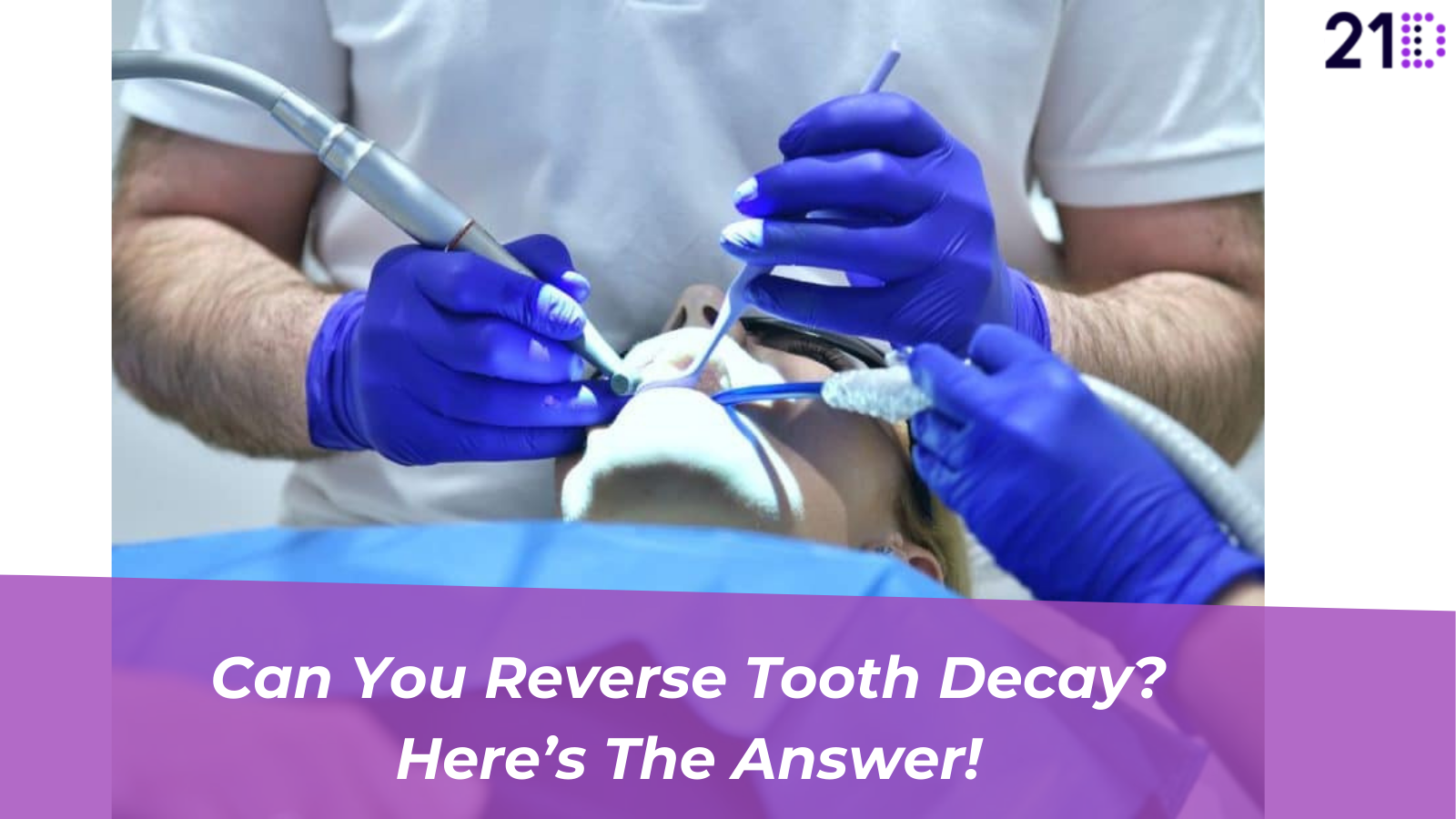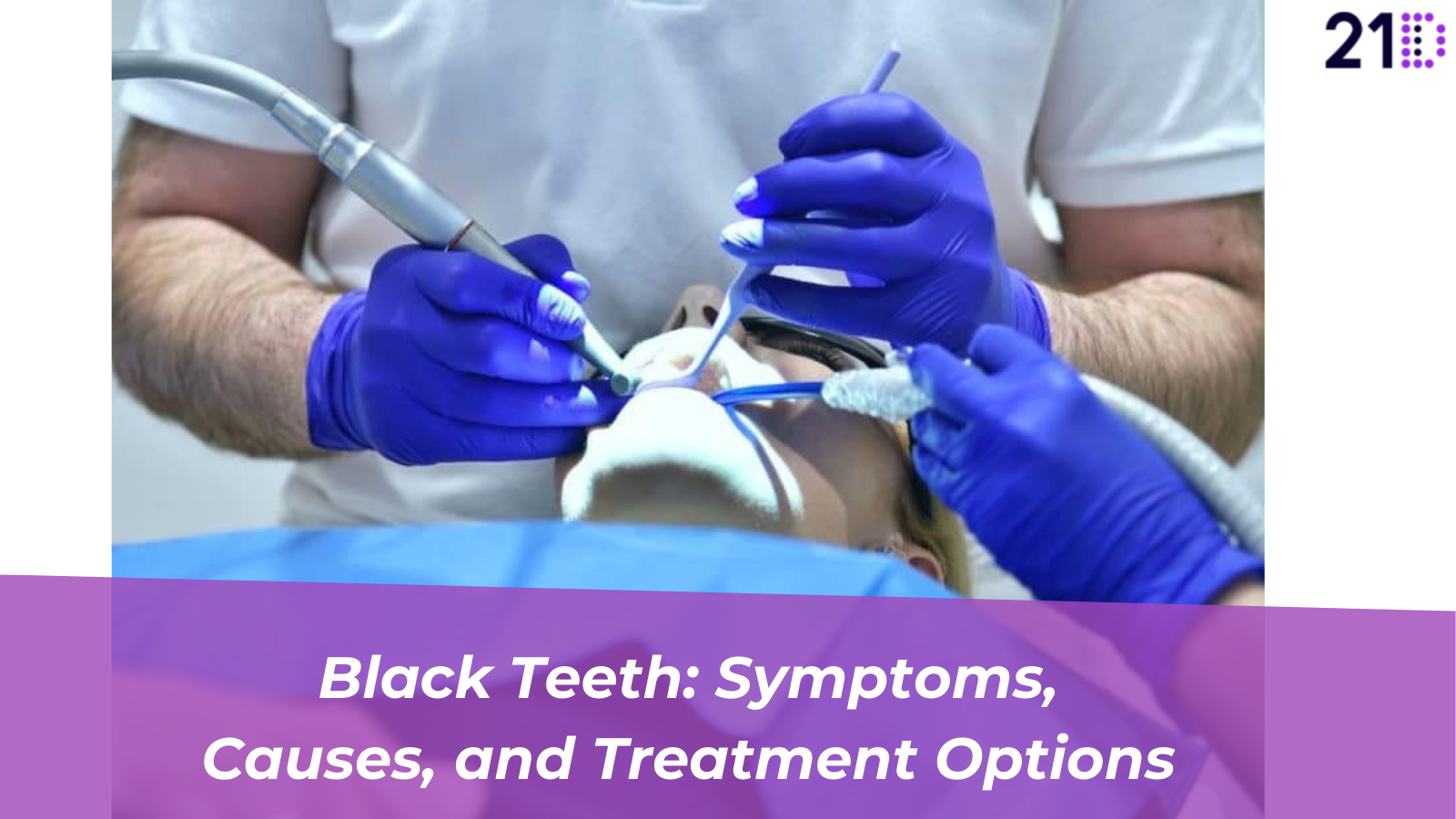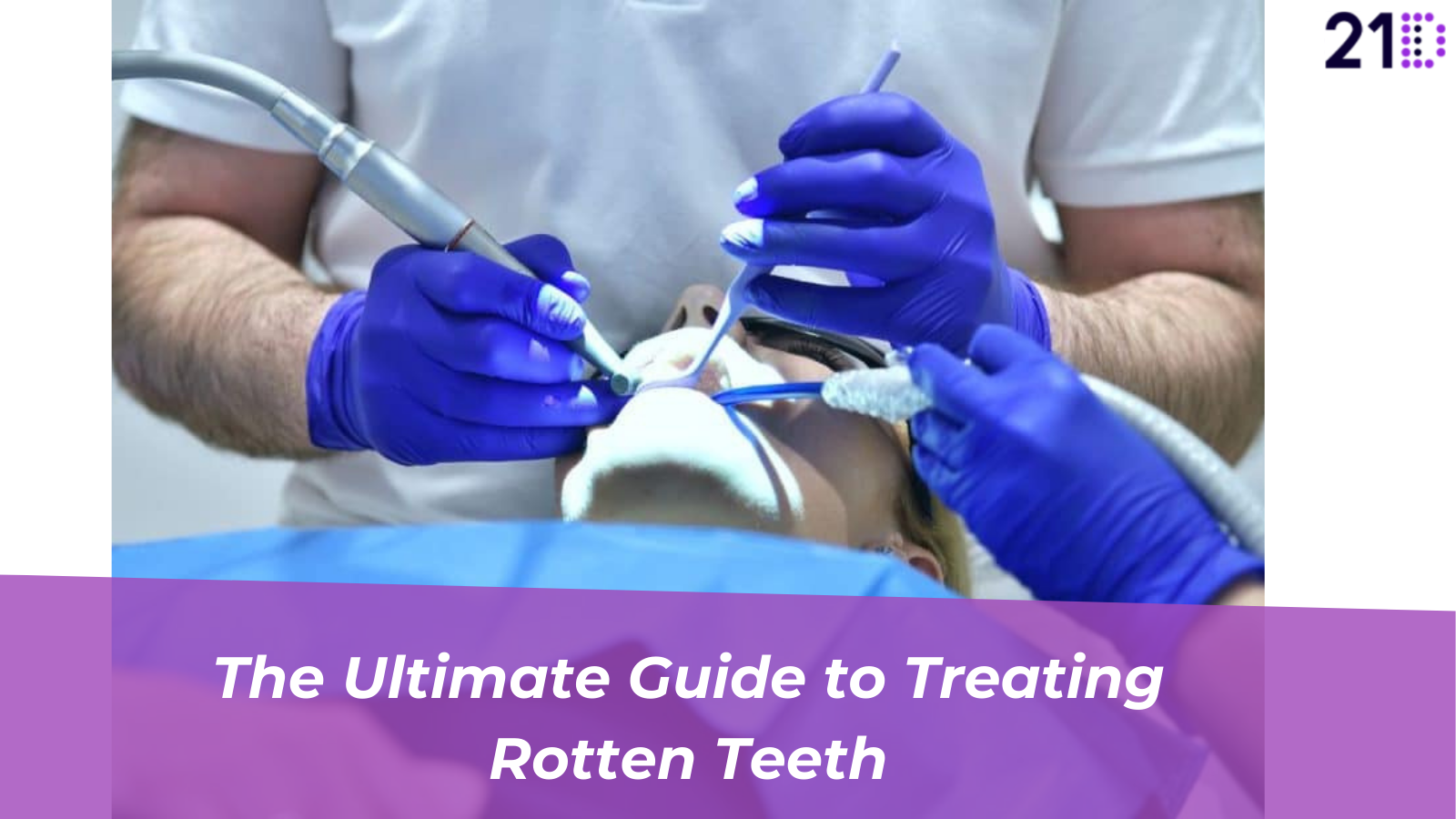Are you concerned about your oral health? Are you looking for comfort and convenience? Also, does a worthwhile innovation in technology matter to you? Exploring the latest innovations in dental implant technology can help you to conclude your search and provide the best you require.
Dental implant technology has evolved remarkably and is now a solution to various dental conditions. The small titanium structures truly act like wonders when placed surgically in the jawbone.
So, let’s explore the procedure, related concepts, and the latest innovations to polish your knowledge for your upcoming dental visit!
Understanding Dental Implant
Dental implant surgery serves as an effective procedure to replace a missing or damaged tooth with an artificial structure that encompasses a screw, an abutment, and a crown. This structure supports normal functioning, which is similar to a natural tooth. The appearance of this prosthesis also matches that of a natural tooth.
How Does A Dental Implant Work?
It is an efficient alternative to dentures or bridgeworks that do not fit properly at the place of insertion. The type of dental implant and condition of the jawbone determine how the dental implant surgery will be performed.
The titanium composition is a crucial element of a dental implant because it does not decay like your natural teeth, effortlessly fuses with your jawbone, and does not cause any bone damage, which might be possible with fixed bridgework or dentures. It is also advantageous because it does not slip or make noise.
Hence, it is firmly placed and remains stable once inserted successfully.
An outpatient surgery is usually performed in stages, with healing time between procedures. The entire process can range from multiple months to a year, from start to finish. This period is devoted to healing and waiting for the growth of new bone in the jaw.
Depending on the situation a patient is facing, the specific materials used, and the specific procedures chosen for the patient, certain steps can be combined and then applied; hence, they vary from person to person.
Steps to get a dental implant:
- Determining The Need For Bone Grafting
Firstly, the patient’s jawbone is examined to evaluate its thickness or softness. This is the most significant step in determining whether there is a need for bone grafting or not. It is important because the natural chewing process of the mouth exerts a good amount of pressure on the bone; hence, if it can’t support the implant, the surgery will not be successful.
The bone graft creates an excellent base for an implant. Natural and synthetic bone grafts are the two most widely used bone grafting materials. The natural bone graft uses materials from another location in your body, and the artificial bone graft uses bone-substitute materials that support structures for new bone growth.
The transplanted bone takes several months to grow sufficient new bone to support a dental implant. The varying conditions of the jawbone determine the intensity of bone grafting requirements. For example, in some cases, you may need only minor bone grafting, which can be done at the same time as the implant surgery.
- Placement Of Dental Implant
Dental implants are surgically placed in the jawbone. During the surgery, a fine cut is made to open the gum, which helps expose the bone. The metal posts serve as the tooth root and are implanted deep into the bone by drilling holes.
- The Waiting Duration
After the metal posts are placed into the jawbone, over time, the jawbone gradually grows to unite with the surface of the dental implant, a process known as osseointegration.
- Placing The Abutment
After the process of osseointegration is completed, the oral surgeon reopens the gum to expose the implant and attaches the abutment, which acts as an affixer for the crown; hence, it is an additional element that eventually helps to attach the crown to the implant. Then, the gum tissue is closed but not over the abutment, making it visible. This complete procedure is done with local anaesthesia. The gums take about two weeks to heal before the artificial tooth can be attached.
- Attachment Of The Crown
Once your gums heal, the crown is placed over the abutment, for which the jawbone must be strong; otherwise, it would fail to support the new tooth. According to the dentist, the patient can choose a removable, fixed, or a combination of both to suit their needs and other essential requirements.
If you want additional guidance on dental implants, you can book a free session with our implantologists today!
Top 5 Technical Innovations in Dental Implant Technology
In this section, we will explore the various captivating innovations in dental implant technology curated to serve multiple needs and requirements of worldwide patients.
3D Printing Technology
This technology allows for the creating of virtual models of a patient’s oral anatomy, which aids in precise implant placement planning. The 3D printing technology is integrated with computer-aided design (CAD) to achieve enhanced precision and customisation of dental implants.
It supports faster healing, enhances implant procedure accuracy, and lowers the risk of complications. It promotes the long-term success of implant placement; hence, patients can highly benefit from these cutting-edge technologies. Thus, the patients can choose the best possible treatment with optimal usage of advanced technology.
Nanotechnology And Osseointegration
Osseointegration is when the jawbone grows sufficiently to unite with the implant. This process can be enhanced through the effective use of nanotechnology. It is helpful for patients with low bone density. The nanostructured surfaces on the implant fixtures promote faster bone growth and attachment. Hence, it results in more robust and more stable implants.
Guided Implant Surgery
This implant surgery symbolises a remarkable feat in dental implant technology. It involves precise planning and effective implementation of implant placement using computer-guided systems. This method ensures the utmost accuracy when inserting dental implants. It is an excellent method to reduce discomfort, shorten recovery time, and raise patient satisfaction.
Regenerative Therapies for Tissue Development
Regenerative dentistry has devised new opportunities for dental implant surgeries. Several growth factors and bioactive compounds support the regeneration of the surrounding tissue around the implant site.
This leads to the implant’s long-term success and fastens the healing process. It is the best and most fruitful method for patients suffering from gum diseases or impaired oral health.
Teeth-In-A-Day Procedure
It is the most spectacular method to save time and eliminate typical time-consuming long waiting periods. It helps to get a complete set of implants in a day itself. It curtails discomfort, aligns with the highest possibility of technology usage, and brings a smile to the patient’s face by serving their essential requirements in just one day without any complications or difficulties. Gaining insights about full-mouth implants is significant to understanding the trends related to their evolution.
Biocompatible Materials
To serve the patient’s needs and comfort, it is essential to identify what suits their body and what type of material composition best suits their oral health without complications such as severe allergies.
Hence, certain advancements in material science led to the development of ceramic implants and other non-metallic alternatives that are biocompatible and allergen-free. These alternatives cater to the needs of patients who suffer from sensitivities.
Augmented Reality for Education of Patients
It is a pragmatic method that helps patients quickly grasp and understand their treatment plans. This fascinating method provides valuable insights and an immersive experience of visualising the entire dental implant process.
It improves the patient’s knowledge, enhances their perspective, and fosters a better doctor-patient relationship by promoting clear communication. It helps the patient make informed decisions using the correct information without errors or misinterpretations.
Why Choose 21D For Your Dental Implant?
At 21D, we are aware of the patient’s needs and concerns. We lay down several convenient measures for the smooth implementation of dental procedures and adopt coherent strategies to serve our patients with the best possible services.
Our team encompasses a diverse range of highly experienced clinicians, nurses, patient coordinators, designers, and fabricators. Our connections incorporate a nationwide network of partner clinics. Here are some of the benefits of getting your dental implants from 21D.
Safe
We address the patients’ primary concerns about the safety of the various complicated clinical steps involved and the long-term success of the treatment.
Simpler
We elaborate on the simplified, necessary information the patients require to build a strong bond of understanding and trust.
Faster
In today’s busy lifestyle, people often explore faster ways of getting treated to save time. Hence, we aim to serve this essential need of the patients by providing a faster clinical process during one surgical intervention and three non-surgical appointments.
Cheaper And Highly Efficient
Our team reflects a sincere dedication to preventing clinical compromise; hence, it provides favourable affordability and efficient long-term outcomes.
21D is an excellent choice if you plan to schedule a dental appointment. You can book a free session today to get the implant guidance you want.
Conclusion
Dental implants are an efficacious apparatus that efficiently serves the patient’s needs and convenience. They have evolved and provided remarkable technologies curated to achieve the best and highest possible level of advancement. These innovations take care of patients’ conditions to cater to their needs sincerely.
At 21D, we care for your smile and delight our patients by providing dental implants as a worthwhile replacement through modern technologies. We have incorporated all these modern innovations into our clinic to provide you with a world-class dental implant experience.
FAQs
What Is The Success Rate Of Dental Implants?
The success rate of dental implants varies from person to person. Proper oral hygiene and overall health are essential for long-term success. Professionals with appropriate expertise should also place the implants.
What Is An All-On-Four Treatment?
This treatment involves replacing all missing teeth in one jaw using only 4 implants; hence, it is cost-efficient. It is highly beneficial for patients who lost much bone in the back area of their oral cavity/mouth.
Are Metal-Free Dental Implants Available?
Several biocompatible materials are used to curate ceramic implants and other non-metallic alternatives. It helps patients who suffer from metal sensitivities and allergies.
What Factors Cause The Cost To Vary For Dental Implant Procedures?
The cost of dental implant procedures varies due to various factors, such as the needs of different patients, bone quantity, and the region from which the patient gets the procedure.




